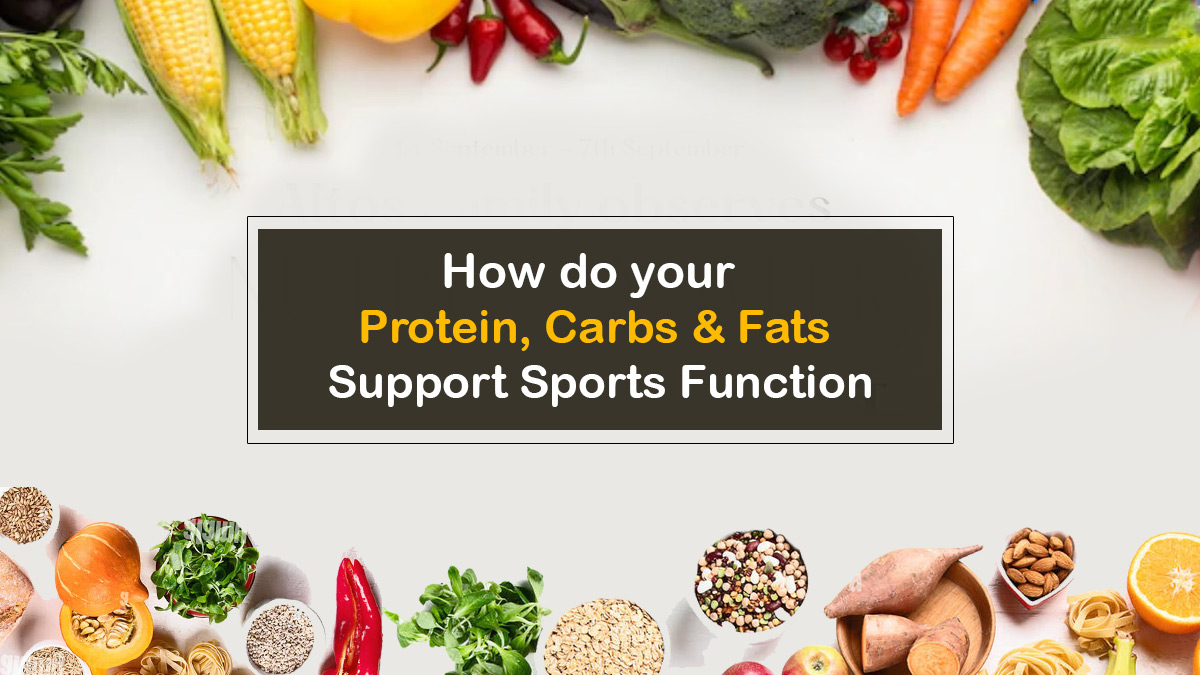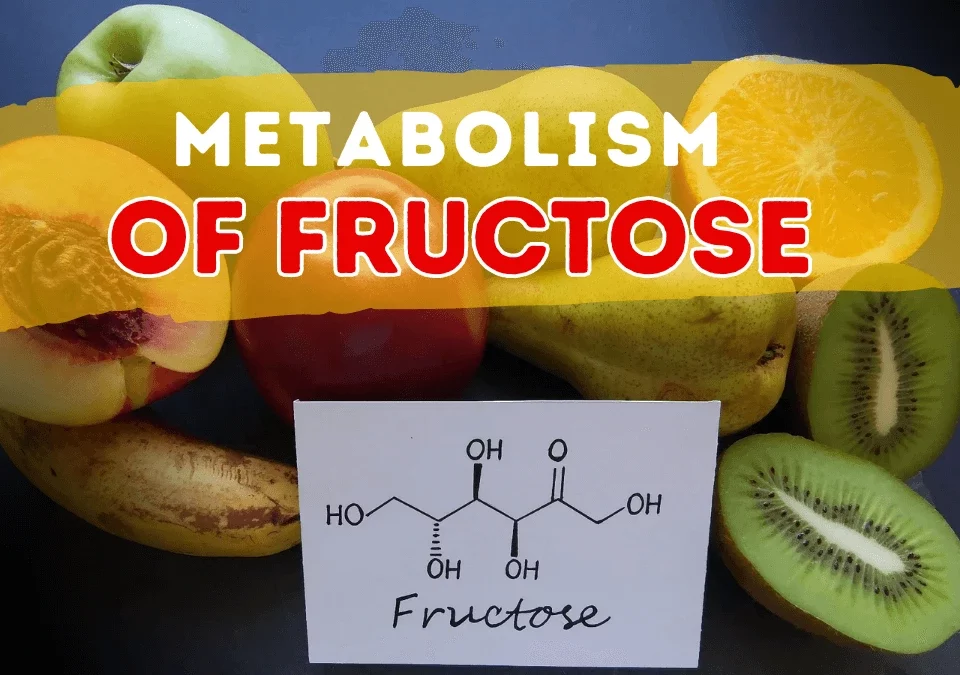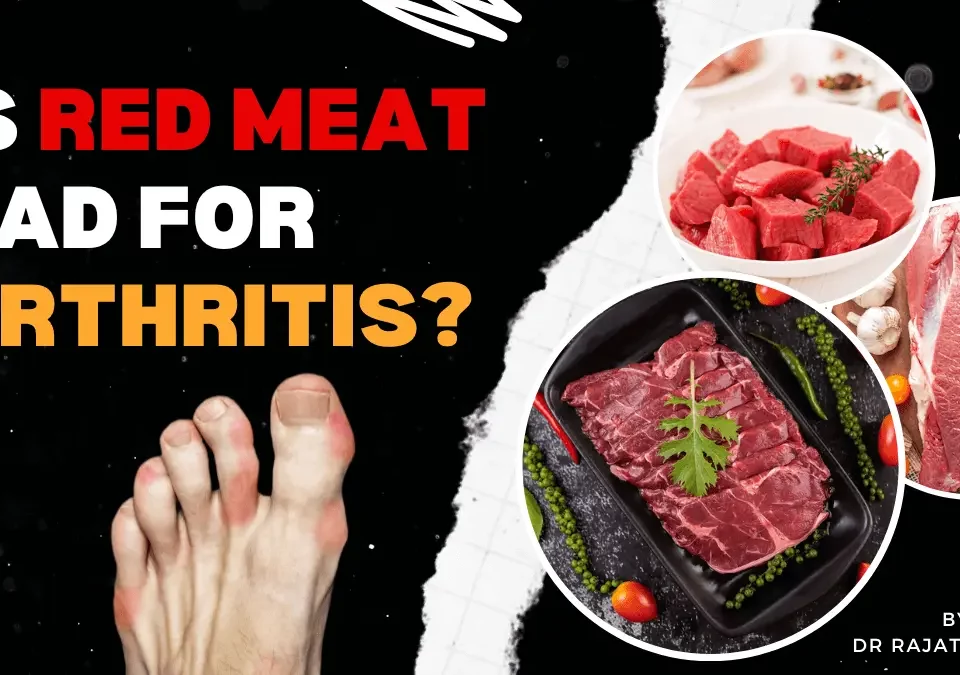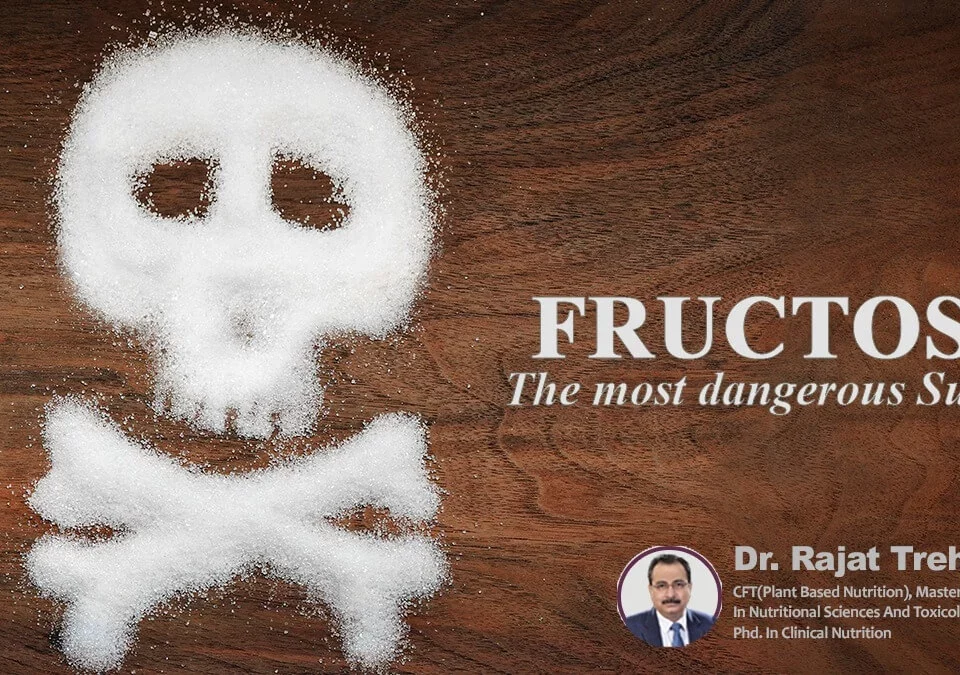How Do Your Protein, Carbs & Fats Support Sports Function?

Stuffed Pancake
October 1, 2022
Healthy Eating Tips for holidays –Ways to boost nutrition
October 15, 2022How Do Your Protein, Carbs & Fats Support Sports Function?
Playing sports requires a great deal of energy and stamina. The energy from the food we eat helps repair muscles and maintain body functions. Moreover, balanced nutrition helps maintain excellent health and compensates for any loss of nutrients during sports.
To maintain a nutritional balance, it is essential to eat proteins, carbohydrates, fats, and vitamins in the right proportion. Each variety has a special role in maintaining overall health. The pre-and post-sports meals play a vital role, too. Let us discuss how proteins, carbs, and fats help in improving the health of athletes and people involved in sports.
Proteins
Proteins are not direct sources of fuel for the body to function. However, they are important factors that produce enzymes in the body required for various chemical processes in the body—for instance, producing energy from food. Furthermore, they also help repair the muscles and other body tissues.
Proteins are the building blocks of amino acids that are essential for the regular functioning of the body. For example, the production of hormones like insulin and glucagon requires amino acids. In addition, proteins from the diet are used to make antibodies that help fight infections.
Hence, the intake of protein is essential, not only for athletes but also for those who frequently work out and live an active lifestyle. The recommended protein intake for athletes is about 1-1.5 grams per kg of body weight, whereas people who perform major athletics or sports need about 2 grams per kg of body weight. This amount is adequate for them to maintain optimal health.
Carbohydrates
When the body needs energy, carbohydrates are the first to be broken down. Therefore, carbohydrates are the primary source of fuel for the body that burns instantly to release energy. Hence, they are an essential nutrient for all athletes.
Most people with an averagely active lifestyle require about 40-50% of their diet to comprise carbohydrates. However, sports persons require more energy, at least 60-67% of their total nutritional content. Even higher amounts of carbs are required by athletes who indulge in over 5 hours of sports activities.
Fats
Fats are commonly mistaken to be the bad guys in the food industry, especially for fitness freaks. However, this is not true. Not all fats cause issues in the body. There are certain essential fatty acids that the body cannot make and need to be taken through the diet. These fats constitute the major structure of body cells and are a valuable source of energy during different physical activities.
About 27-35% of the total calories of a sports person's diet should consist of fats, as suggested by sports nutritionists. Choosing how much fat to eat can be determined after adding the proteins and carbs to your plate. This often results in eating fats in the recommended quantity. Athletes are advised to consume unsaturated fats contained in seeds, avocados, seed oils, nuts, and others.
Depending on how difficult the physical activity or the workout is, the body utilises carbohydrates and fats as a source of energy. As and when the difficulty of the workout increases, the body starts breaking down fats and converting them into energy. Hence, based on the intensity of physical activity, the amount of fats in the diet should be adjusted.
What happens if the body's requirement for carbs, fats, and proteins is not met?
The inadequacy of fats, carbs, and proteins determines a person's performance on the ground. Short-term effects include the dissatisfactory outcome of activities and loss of muscle tissue, strength, and endurance. On the other hand, some long-term effects are the development of deficiencies of vital nutrients, weakened immune system, higher risk of muscle and bone injury, and more.
Bottom line
Consuming a balanced diet is absolutely essential to perform your best at sports. However, if you are uncertain about what is the right choice of food for you, consult us. This will avoid any kind of injury to your muscles and keep you energetic throughout your sports career.







